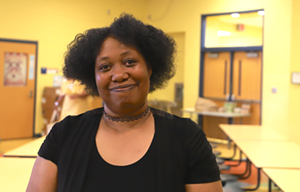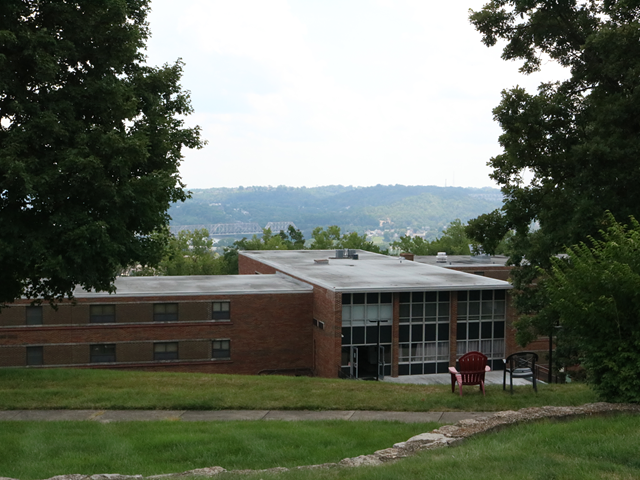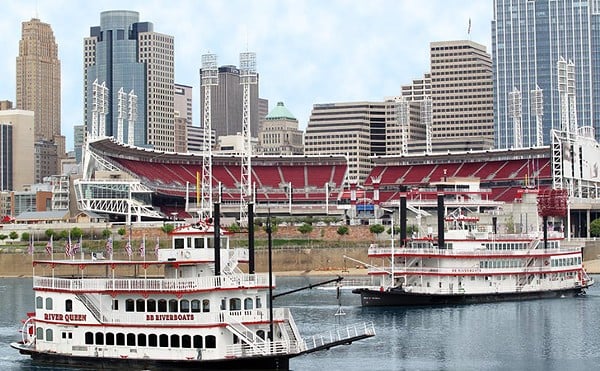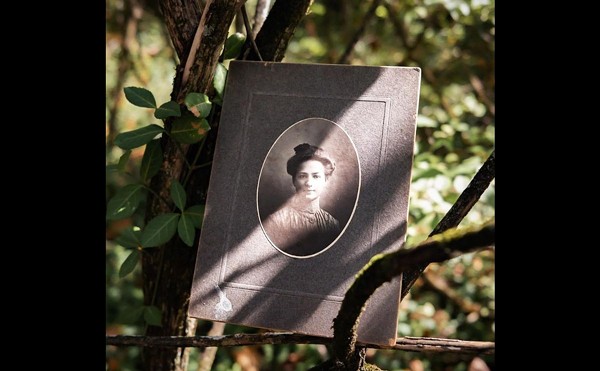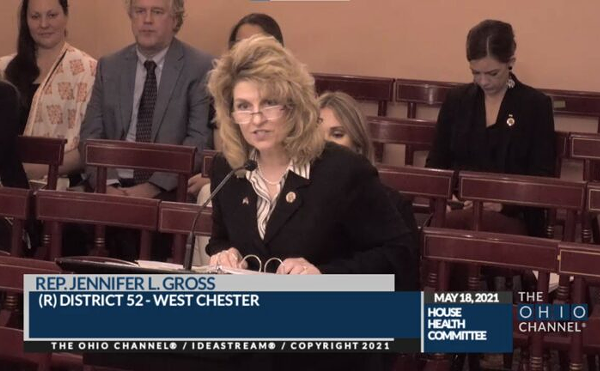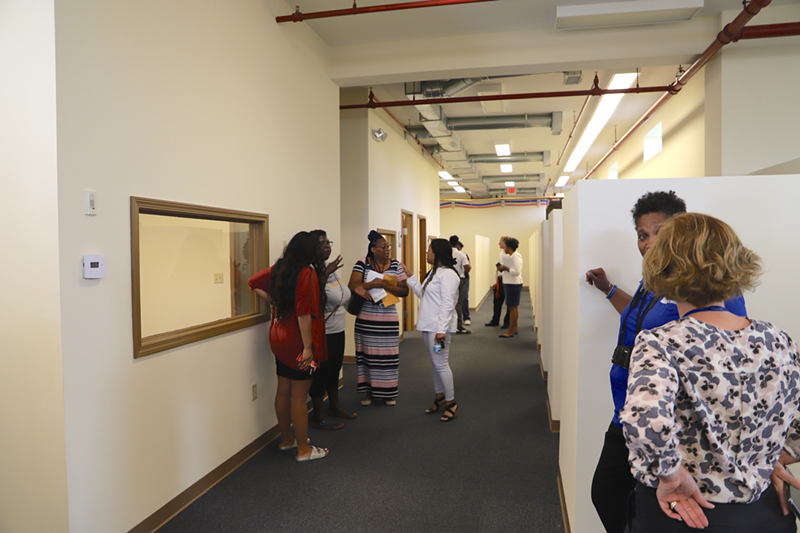
Connie Benton has lived at Findlater Gardens for the last 18 years. She likes the sense of community among most of the residents in the 600 townhomes owned and run by the Cincinnati Metropolitan Housing Authority in Winton Hills, about eight miles north of downtown Cincinnati.
But her family has also experienced violence here, and some of her relatives struggle with the trauma that comes with those experiences.
Today, CMHA unveiled a concept it hopes will help Benton's family and others in Findlater and neighboring Winton Terrace — two hubs for various social service agencies nestled in the middle of those communities.
Called Resource Opportunity Centers (ROCs) the office spaces inside the neighborhoods' community centers will host staff from Hamilton County Job and Family Services, Beech Acres Parenting Center, the Community Action Agency, Women Helping Women, Dress for Success, Easter Seals, New Horizons Computer Learning Center, the Public Library of Cincinnati and Hamilton County and other organizations.
The centers are being established in already-existing space that CMHA has rehabbed to make way for the agencies. The model allows residents to access services without long trips to other parts of town — a big help when you consider that only 15 percent of Winton Hills’ 4,787 residents own their own cars, according to a report by the Cincinnati Health Department. On an average weekday, residents must make a 45 minute to one-hour bus ride to get to downtown.
The neighborhood is a prime example of Cincinnati’s pervasive racial and economic segregation. It is 90 percent black with a median household income of less than $11,000, Census data shows. Folks struggling with low incomes and lack of transportation will now have help — from job training to mental health services to domestic violence response services — right in their own neighborhood.
All of that won't strain CMHA's limited budget, according to the housing agency.
"The beauty is, we're partnering with people who already do this," CMHA CEO Gregory Johnson says. "We hired a few outreach workers on our own dime, but all the service providers are using the funding they normally get to do their work."
Johnson says the planning for the ROCs — what services would be offered, what needs would be addressed — was driven by residents over a number of evening meetings.
"This is really about helping each other," he said. "I learned a lot about a lot of residents I'd never seen before. They expressed a lot of things I would have never, ever thought about. I think the buzz words that we all use are a little different than what we heard in these meetings."
Benton was one of the most active participants at those meetings. She's optimistic that ROCs can address some of the needs in places like Findlater Gardens.
"There really is a good group of people here," says Benton, who serves on the neighborhood's community council. "I believe in them. But a lot of our people are traumatized and don't even realize they've become desensitized to it. A lot of our residents don't have transportation to get to services. Just to have someone here willing to listen to us, we really appreciate it."

